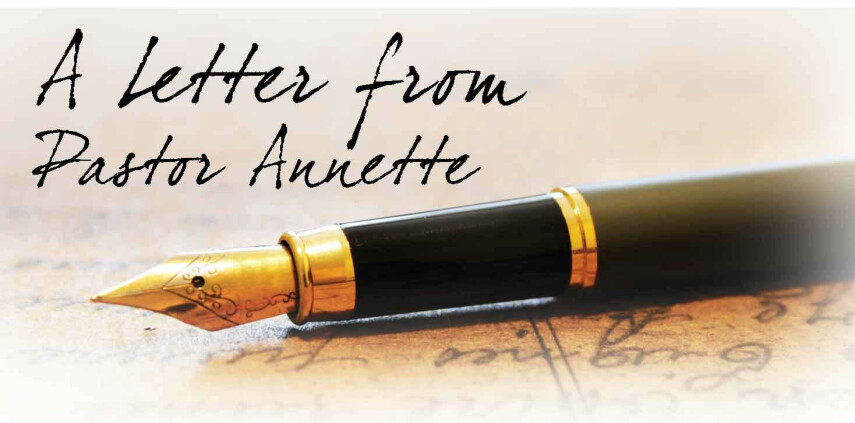Pastor's E-Letter 2/28/20

One of my favorite places in Brevard County is Rockledge Gardens. I love visiting their Farmer’s Market on the weekends and wandering through their expansive collection of flowers, vegetables, and foliage. In each detail of their careful landscaping, I sense care and I find delight.
When I visit Rockledge Gardens, I am especially struck by how lush everything always is. As I read the selected Scripture passages for the beginning of Lent this week, I got stuck on the lush garden imagery of Genesis 1-3. Adam and Eve are placed in a garden of abundance- everything they could ever want! They have all they need, and then some. Yet the serpent is still able to tempt them away from this abundance and into scarcity, suffering, and pain. Despite its beautiful, careful creation, the garden is not enough for Adam and Eve’s fallible human hearts.
The beginning of Lent is marked by this passage because in the 40 Days of Lent we are confronted with our own sinfulness. In the lush beauty of gardens and the abundance of our lives, we would much rather choose disobedience, competition, and scarcity. We are manipulated by the whispers of the world, asked to forgo what God has called us to for “forbidden fruit.” Whether we like to admit it for the other 325 days of the year, Lent calls us to our brokenness, mortality, and fallibility. We are dust; we are human. Instead of a soothing garden, we are forced into a wilderness of our own making, instructed to reflect and repent.
This wilderness of our lives is also why the first week of the Gospel readings in Lent is Matthew 4. Jesus has just left the height of love and abundance in his baptism. He has been called, claimed, and is named the Son of God. The Spirit then immediately leads him into the wilderness to be tempted for 40 days. This passage is highly symbolic! In the heights of our lives, we are often tempted to forget our identity. Jesus spends 40 days, just like the 40 years the Israelites wandered in the desert.
However, the story changes. In the end, he is not tempted by the Devil’s crafty use of Scripture. Jesus, grounded in the love and identity that God has given him, says no to power, prestige, and religious superiority. This, amidst the nothingness of the desert wilderness. This image, of Jesus refusing Satan’s crafty words, is meant to contrast with Adam and Eve’s fallibility amid abundance. How much of our lives are filled with temptation because we live in such excess?
The landscape of both of these moments is significant and is the basis of our remembrance in Lent. For 40 days, we will fast and pray to examine ourselves and our lives. As we journey through the “Landscape of Lent” throughout our sermon series, we will be reminded that there is much in the “landscape” of our lives that need tending to and examining. We often do this examination through disciplines, and denial, just as Jesus did in the wilderness. We give up chocolate, take on other good habits, or add more prayer to our lives. These things are meant to get to the root of our sinfulness and help us see our interior landscape as it truly is.
If you’re still struggling with what to give up or take on this Lenten season, we’ll have an opportunity for you to think about it in worship. It is never too late to begin this self-examination process! Additionally, if you’re desiring to take something on, don’t forget about our Lenten Journey series as we examine the Scripture passages from Sunday morning, with an eye towards a specific spiritual discipline each week.
Each moment of Lent invites us into the quiet reflection of the wilderness, following after Jesus. It contains the task to remember our dust and to be thankful. I hope you’ll join us as we journey through this season together.
Peace,
Pastor Allee

